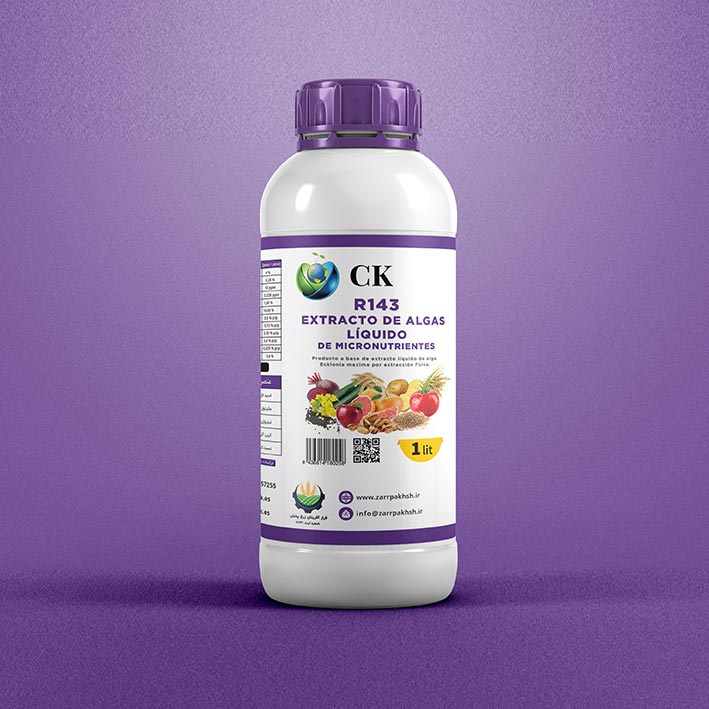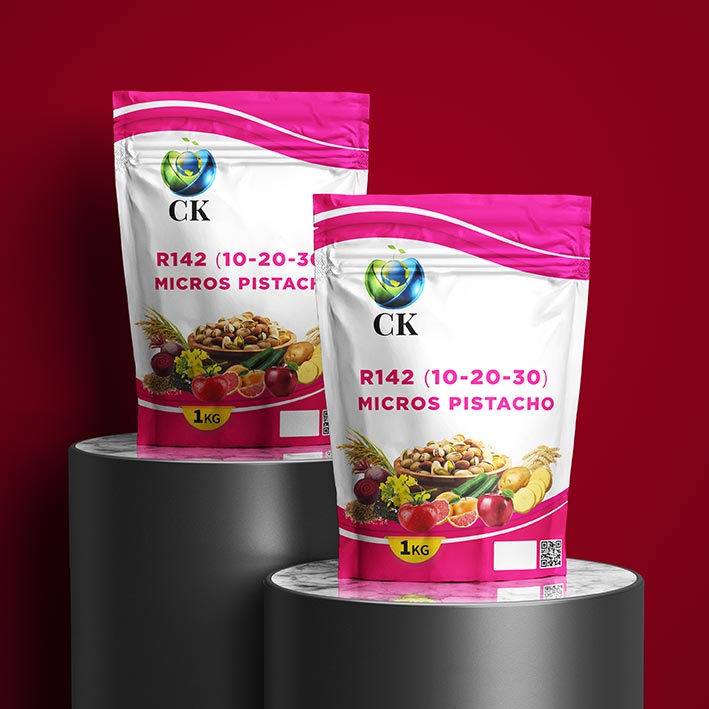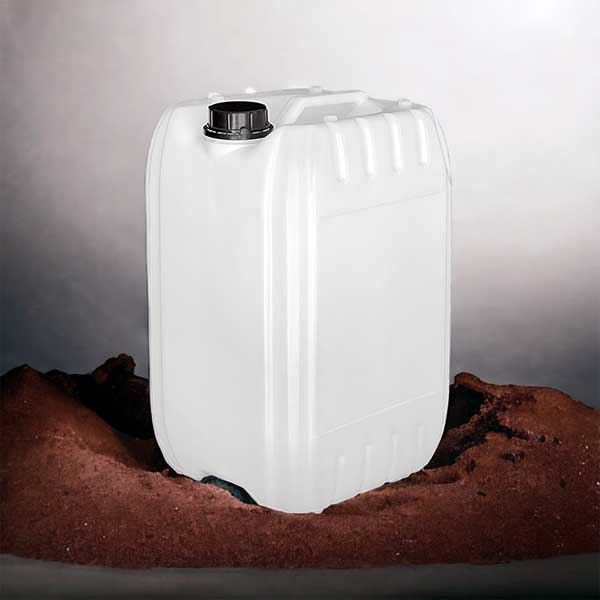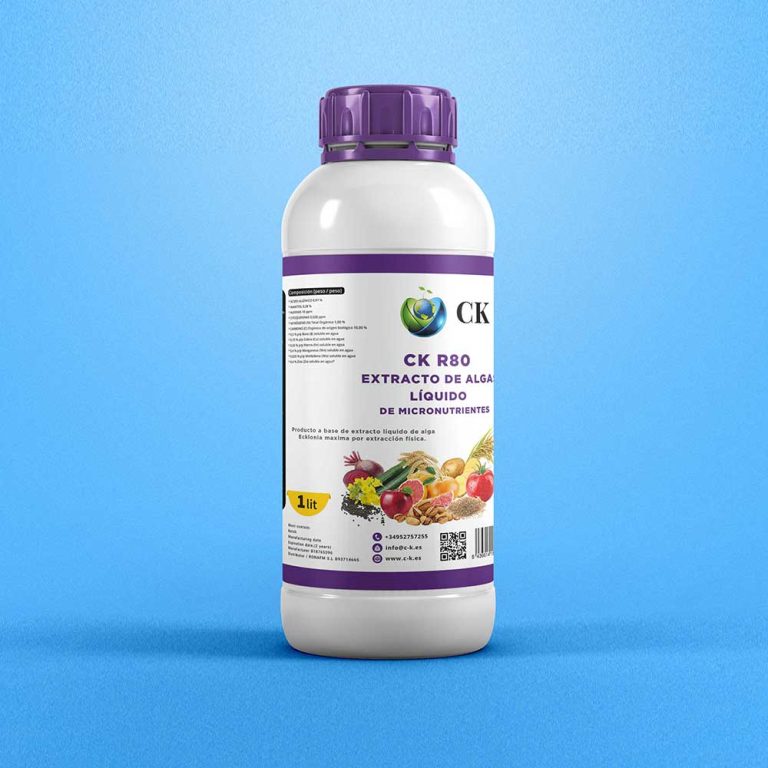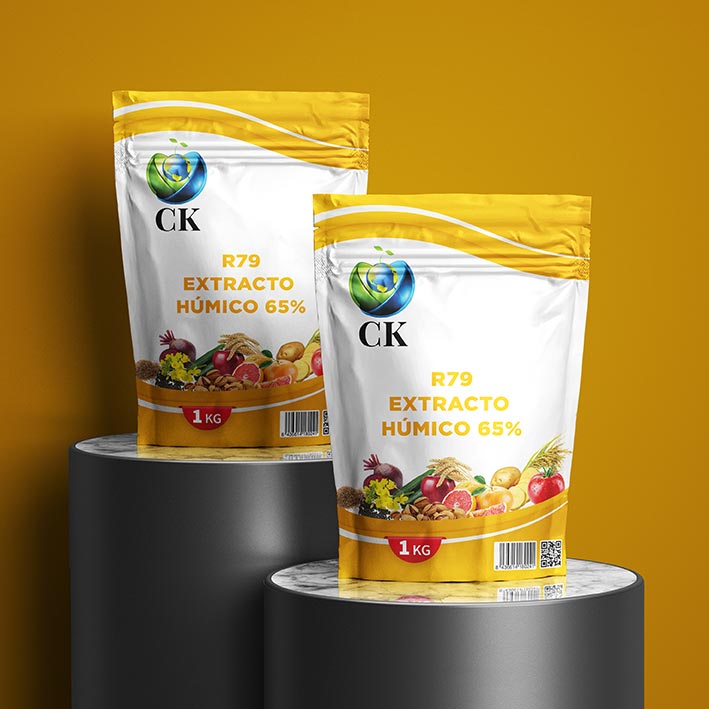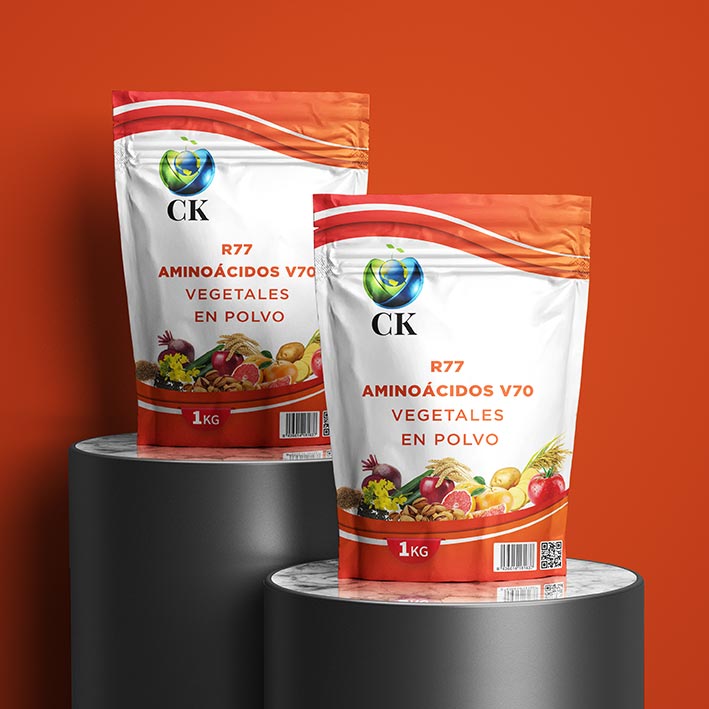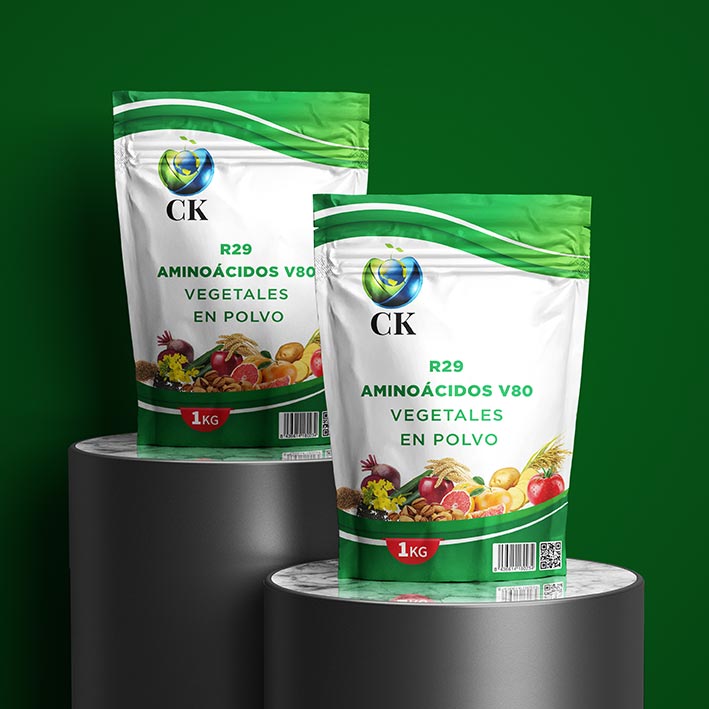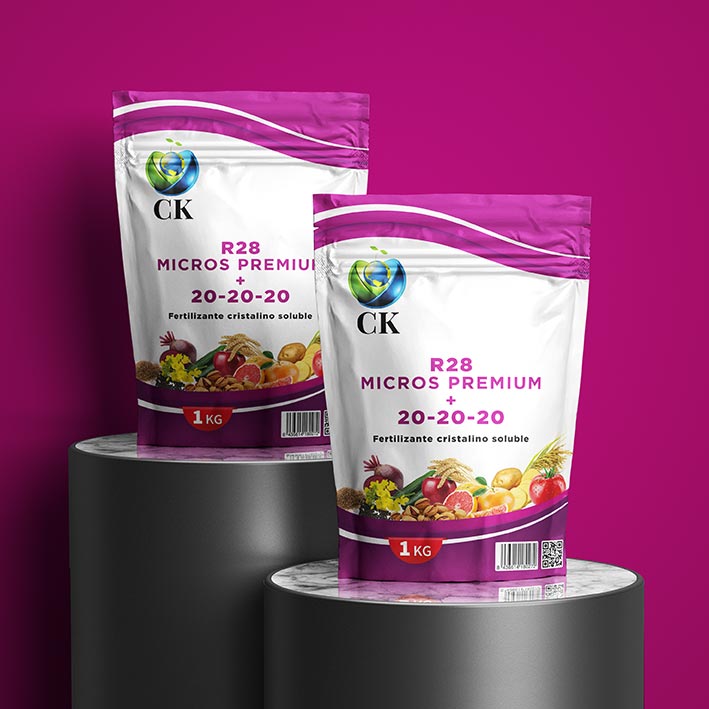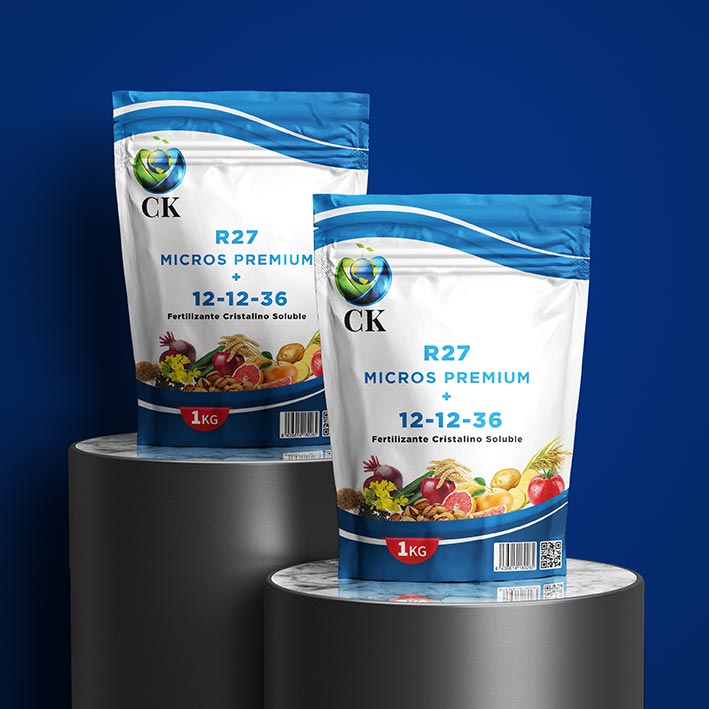Plus

THE BEST PRODUCTS
The most advanced solutions for your cultivation
FREQUENT QUESTIONS
All you need to know
Fertilizers play a vital role in commercial agriculture, providing the essential nutrients that plants need to grow and develop optimally. These nutrients, such as nitrogen, phosphorus and potassium, are key to stimulating root growth, strengthening stems and leaves, promoting flowering and fruit formation, and improving resistance to diseases and adverse weather conditions. By using suitable fertilizers and in the correct doses, agricultural companies can achieve a significant increase in crop yields, as well as an improvement in the quality of final products.
In today’s market, there are various types of fertilizers designed to address the particular needs of crops and the challenges that agricultural businesses face. Among the main types are organic fertilizers, which are obtained from natural sources and improve long-term soil health; slow-release fertilizers, which supply nutrients gradually and constantly; liquid fertilizers, which allow rapid absorption of nutrients by plants; and foliar fertilizers, which are applied directly to the leaves and provide additional nutrients when plants urgently need them. By understanding the specific needs of your crops, you will be able to choose the type of fertilizer best suited for your farming business.
Proper application of fertilizers is crucial to ensure their effectiveness and minimize potential negative impacts on the environment. Some best practices include performing soil tests to determine the nutritional needs of your crops, calculating proper fertilizer rates, and applying them evenly using precise fertilization equipment. Additionally, it is important to follow the manufacturer’s recommendations regarding the timing and frequency of application. This will help prevent leaching of nutrients into groundwater and reduce the risk of contamination. Likewise, consider soil conservation practices, such as banding fertilizers or using mulches,


